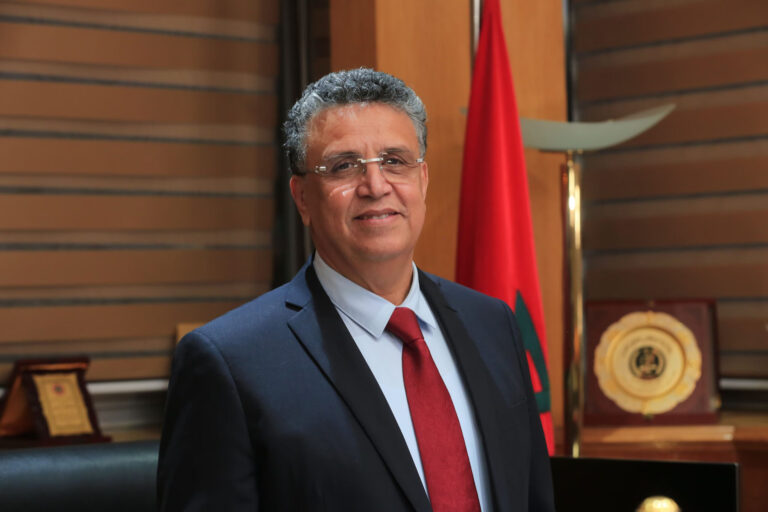Marrakech – Morocco’s Minister of Justice, Abdellatif Ouahbi, has revealed that organ donation rates remain low across the country despite a slight increase in registration requests over recent years.
Speaking at an event organized by the Advisory Council for Human Organ Transplantation at the Faculty of Medicine and Pharmacy in Rabat, Ouahbi shared concerning statistics on the occasion of National Organ Donation Day.
According to official figures, registration requests for organ donation increased from 42 in 2022 to 110 in 2023, reaching 149 by the end of 2024. However, the minister noted these numbers remain limited compared to Morocco’s population of over 36 million citizens.
“Between 2013 and 2022, Morocco recorded only 564 organ donations,” said Ouahbi. “Out of 36 million Moroccans, only this number were convinced about this issue, which requires us to question whether we failed to persuade citizens or did not conduct proper awareness campaigns.”
The Justice Ministry is now working to simplify the registration process through digitalization. Ouahbi stated that his ministry is developing an online platform allowing citizens to register as organ donors remotely via phone or other digital means while ensuring confidentiality.
“This noble behavior has been turned into a complex bureaucratic practice in Morocco,” the minister said, questioning why potential donors must go through courts and registration procedures. He announced that meetings will be held in the coming weeks to develop a system allowing anyone wishing to donate their organs to register easily by phone.
Ouahbi’s case for redefining ‘medical error’
The ministry had also considered establishing a platform for those in need of organs, but medical privacy issues posed significant challenges, according to Ouahbi.
During the same event, Ouahbi addressed two other issues that have concerned him for years: medical errors and DNA testing. He revealed that his ministry is studying the possibility of reclassifying medical errors from criminal to civil liability, arguing that doctors provide care without guaranteeing results, except in cosmetic procedures.
“I am against the misconception held by state institutions that a medical error can only be legally classified as accidental killing,” the minister stated. “A doctor’s actions aim at preserving life, not causing death.”
Regarding DNA testing to establish parentage, Ouahbi said he had advocated for this procedure during consultations on Family Code amendments, even for children born outside of wedlock.
He considered the rejection of this proposal “a political, cultural, and intellectual defeat,” especially after the Supreme Council of Ulema ruled that DNA testing could not serve as a basis for establishing paternity.
Ouahbi also called for collaboration with the Ministry of Health and the Advisory Council for Human Organ Transplantation to develop updated legislation, noting that current procedures will need to expand as science and needs advance. He stressed that organ donation is a purely humanitarian act that should not be linked to religion, language, color, or any other factor.


